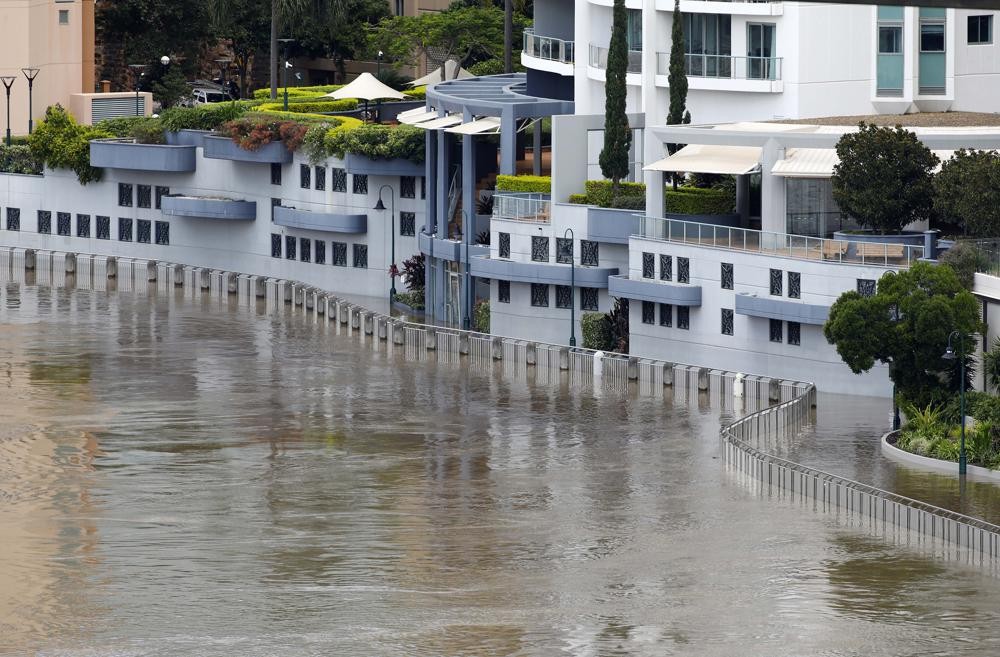Data from the Australian Treasury office estimates have shown that floods and other natural disasters that hit many states in the country in 2022 cost the economy $3.48 billion and stoked inflation and they are projected to incur more spending this year.
Global reinsurer Munich Re estimated that February and March flooding across northern New South Wales state that killed more than 20 was the fourth most costly global disaster in 2022 in a year Australia suffered four major bouts of flooding.
The report which did not include damage or destruction of infrastructure and other assets says the natural disasters delayed mining and construction plus the destruction of crops and cost the economy 0.25% of real GDP last year.
Read also: U.S. to simplify offshore wind regulations to meet climate goals
“We’ve put that number out there really just as a reminder that even though we are rightly focused on the human cost of these natural disasters, which are becoming more and more frequent, there is a cost to the economy as well and a cost to the budget,” Treasurer Jim Chalmers told ABC radio on Friday.
Chalmers also flagged more demands on the budget he will deliver in May, with billions of additional disaster-related spending expected this year on top of A$3.5 billion spent in 2022.
The government will focus on mitigating future disasters, he said, instead of policies like subsidising expensive insurance for those who live in disaster-prone areas.
“We need to be careful about how we expose the government’s balance sheet to some of these big risks,” he said.
Story was adapted from Reuters.
